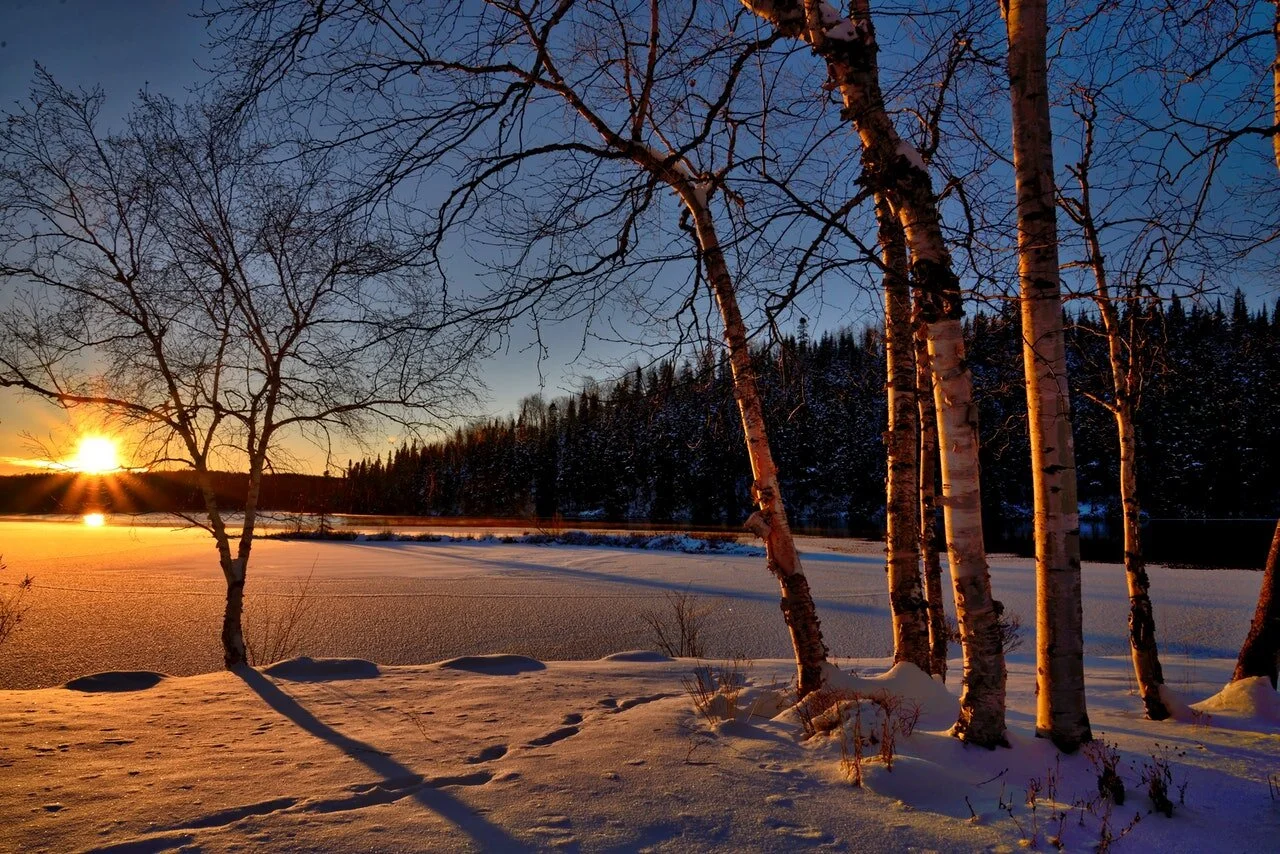A look at the impacts of our food system on the climate, the environment and animals, and some of the easy solutions we can adopt to reverse the damage.
Read MorePhoto: Yoksel Zok on Unsplash

Photo: Yoksel Zok on Unsplash
A look at the impacts of our food system on the climate, the environment and animals, and some of the easy solutions we can adopt to reverse the damage.
Read More
Photo: Ken Cheung on Unsplash.
Our food system is spelling disaster for us, the animals and the planet. Numerous scientific studies are pointing us to solutions in which we can all play a role.
Read More
Photo: Pixabay on Pexels.
So many benefits to shifting our diets — from preserving biodiversity to reducing deadly air pollution — no wonder public sentiment is changing. These stories and more in our Feb edition.
Read More
Photo: Pixabay on Pexels.
What if the climate costs of meat and dairy were reflected in their prices? A new study has done the calculations and the results might surprise you. Would this encourage us to make greener choices at the grocery store? Also, a new book offers compelling reasons for changing our food system.
Read More
Photo: Nick Kwan from Pexels.
Despite the risks being driven home by the current pandemic, we’re still fur farming, why? More people are willing to try cultivated meat than you might think, would you? Two of the questions we discuss this month.
Read More
How do different regions of the world compare when it comes to eating more sustainably? How are mainstream media doing when it comes to linking animal agriculture to the climate crisis? Hint: both have a way to go.
Read More
Photo: Baskin Creative from Pexels
This month we talk about some of the many ways we can live more sustainably by reducing our carbon footprint, and reducing threats such as the climate crisis and the spread of zoonotic diseases.
Read More
Photo: Joshua Woroniecki on Unsplash
The pandemic and the climate crisis have made the need to transform our food system even more urgent. Are we making progress? The answer is clearly yes, but there’s still much to be done.
Read More
While nations play the blame game and keep passing the buck on who is responsible for fixing the climate crisis, global warming continues unabated.
Photo: Jennifer Latuperisa-Andresen on Unsplash
Even as the pandemic worsens, ways to avoid many of our current predicaments — including climate change — present themselves to us every day. But, will we take action?
Read More
As the pandemic rages on, this issue looks at efforts to make changes that will help ensure we don’t end up here again — different food and methods of production, and more respect for the natural world.
Read More